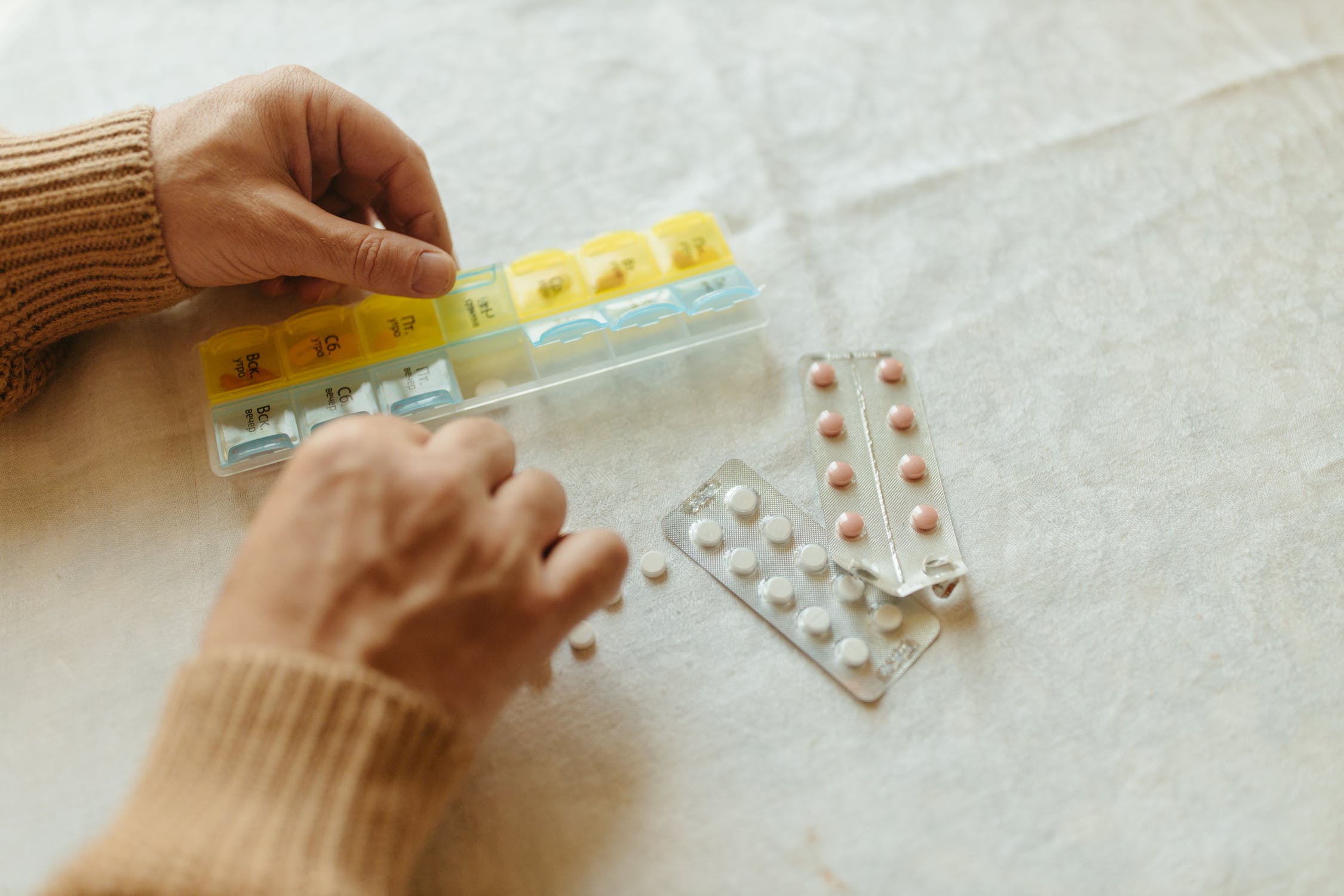
Routine care is a term used to describe the regular health checkups and screenings that elders should have. These checkups and screenings can help identify health problems early on before they become more serious. They also allow elders to establish a relationship with a doctor and drugstore that can provide them with ongoing care.
The Benefits of Routine Care
By getting screened regularly, elders can detect health problems when they are most treatable. This can improve their quality of life and extend their life expectancy.
Elders who get routine care will often develop a relationship with a doctor who can provide them with ongoing care. This can be helpful if they start to experience health problems down the road.
Regular screenings and checkups can help elders stay healthy overall. They can also help identify lifestyle changes that need to be made in order to improve their health. Elderly patients should talk to their doctor about what screenings they should get and how often they should get them.
Common Screenings
Though a personalized checklist is important for individuals who suffer from specific conditions, it can be a good idea to look into the following screenings to make a regular part of the checkup routine.
High blood pressure is a common health problem among elders, and it can lead to other serious health conditions if left untreated. A blood pressure screening can help identify high blood pressure so that it can be treated promptly.
Cholesterol is a type of fat that builds up in the arteries over time, leading to heart disease. A cholesterol screening can help identify high cholesterol levels so that steps can be taken to lower them.
Diabetes is a serious health condition that can lead to a number of health problems if left untreated. A diabetes screening can help identify diabetes before your condition becomes more difficult to manage.
Cancer screenings can help detect cancer before it is able to get worse. Some common cancer screenings include mammograms for breast cancer, colonoscopies for colorectal cancer, and pap tests for cervical cancer.
Receiving regular screenings can help you determine what form of treatment will best suit you. Your doctor can write a prescription to help alleviate symptoms. Be sure to find a local drugstore where you can regularly get the medication that you need.
How Often Should Elders Get Screened?
The frequency with which elders should get screened depends on their age and personal health history. However, most elders should get screened for at least the conditions listed above at least once a year.
Routine care can be further maintained with healthy lifestyle choices. By consulting with a doctor, individuals can learn more about some lifestyle changes that they can make to enjoy a greater degree of health and personal comfort.


